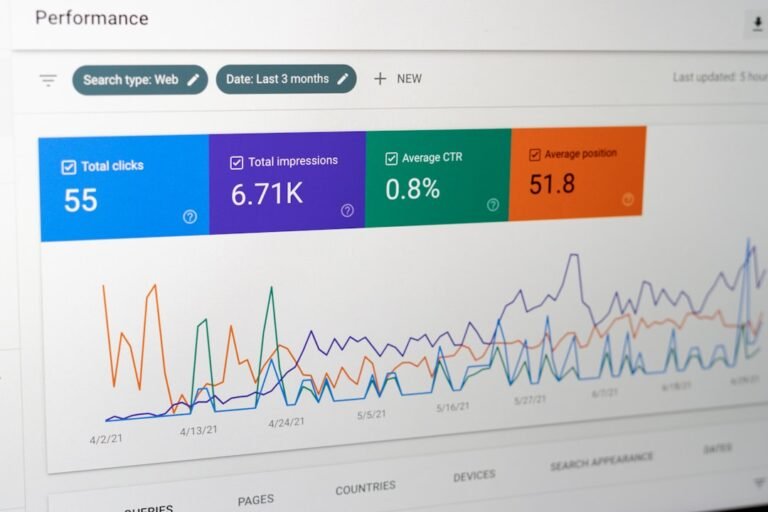seo best practices
In today’s digital landscape, having a strong online presence is crucial for businesses, organizations, and individuals alike. Search Engine Optimization (SEO) plays a vital role in increasing your website’s visibility, driving more traffic, and ultimately, boosting conversions. With the ever-evolving algorithms and best practices, it can be challenging to stay on top of the latest SEO trends. In this article, we’ll dive into the essential SEO best practices to help you improve your website’s ranking and online presence.
Understanding SEO Fundamentals
Before we dive into the best practices, it’s essential to understand the basics of SEO. Search engines like Google, Bing, and Yahoo use complex algorithms to crawl, index, and rank websites based on relevance, authority, and user experience. The primary goal of SEO is to increase your website’s visibility, drive more traffic, and ultimately, boost conversions.
What is SEO?
SEO is the process of optimizing your website to rank higher in search engine results pages (SERPs) for specific keywords and phrases. It involves understanding how search engines work, what people search for, and the keywords and phrases typed into search engines.
SEO Best Practices
To improve your website’s ranking and online presence, follow these essential SEO best practices:
Keyword Research and Planning
- Conduct thorough keyword research using tools like Google Keyword Planner, Ahrefs, or SEMrush
- Identify relevant, high-traffic keywords and phrases
- Analyze competitors’ keywords and strategies
- Create a keyword strategy and plan
On-Page Optimization
**Optimize title tags**:
Write unique, descriptive, and keyword-rich title tags for each page
**Write meta descriptions**:
Craft compelling and informative meta descriptions to entice users to click
**Header tags**:
Organize content using header tags (H1, H2, H3, etc.)
**Content optimization**:
Use keywords naturally throughout high-quality, engaging, and informative content
**URL structure**:
Use descriptive, keyword-rich URLs for each page
Technical SEO
**Page speed optimization**:
Ensure fast page loading speeds (<3 seconds) using tools like Google PageSpeed Insights
**Mobile-friendliness**:
Ensure a responsive, mobile-friendly design
**SSL encryption**:
Install an SSL certificate to secure your website and protect user data
**XML sitemap**:
Create and submit an XML sitemap to help search engines understand your website’s structure
Link Building and Off-Page Optimization
**High-quality backlinks**:
Focus on acquiring backlinks from authoritative, relevant sources
**Guest blogging**:
Write guest posts for other reputable websites to build relationships and backlinks
**Social signals**:
Encourage social sharing and engagement to increase visibility and drive traffic
Content Creation and Marketing
**High-quality content**:
Create engaging, informative, and well-researched content
**Content marketing**:
Use content to attract and retain a clearly defined audience
**Content promotion**:
Promote content through social media, email newsletters, and other channels
Common SEO Mistakes to Avoid
**Keyword stuffing**:
Avoid overusing keywords in content
**Thin content**:
Avoid low-quality, thin content that provides little value
**Duplicate content**:
Avoid duplicating content across multiple pages or websites
**Ignoring mobile-friendliness**:
Ensure a responsive, mobile-friendly design
Measuring SEO Success
To measure the success of your SEO efforts, track these essential metrics:
**Organic traffic**:
Monitor increases in organic traffic
**Keyword rankings**:
Track improvements in keyword rankings
**Conversion rates**:
Monitor increases in conversion rates
**Bounce rates**:
Analyze bounce rates to identify areas for improvement
Conclusion
SEO best practices are essential for improving your website’s visibility, driving more traffic, and boosting conversions. By understanding the fundamentals of SEO, conducting thorough keyword research, optimizing on-page elements, and building high-quality backlinks, you can improve your website’s ranking and online presence. Remember to avoid common SEO mistakes, track essential metrics, and stay up-to-date with the latest SEO trends to ensure long-term success. By following these SEO best practices, you’ll be well on your way to dominating search engine results pages and achieving your online goals.
About Relvixis: Relvixis is a Canadian-based digital agency specializing in results-driven solutions for businesses looking to grow online.
We offer expert services in SEO optimization, web development, social media management, and marketing automation.
Our team blends creative strategy with technical precision to drive leads, enhance brand visibility, and accelerate digital performance.
To learn more or schedule a free consultation, visit
relvixis.com.







